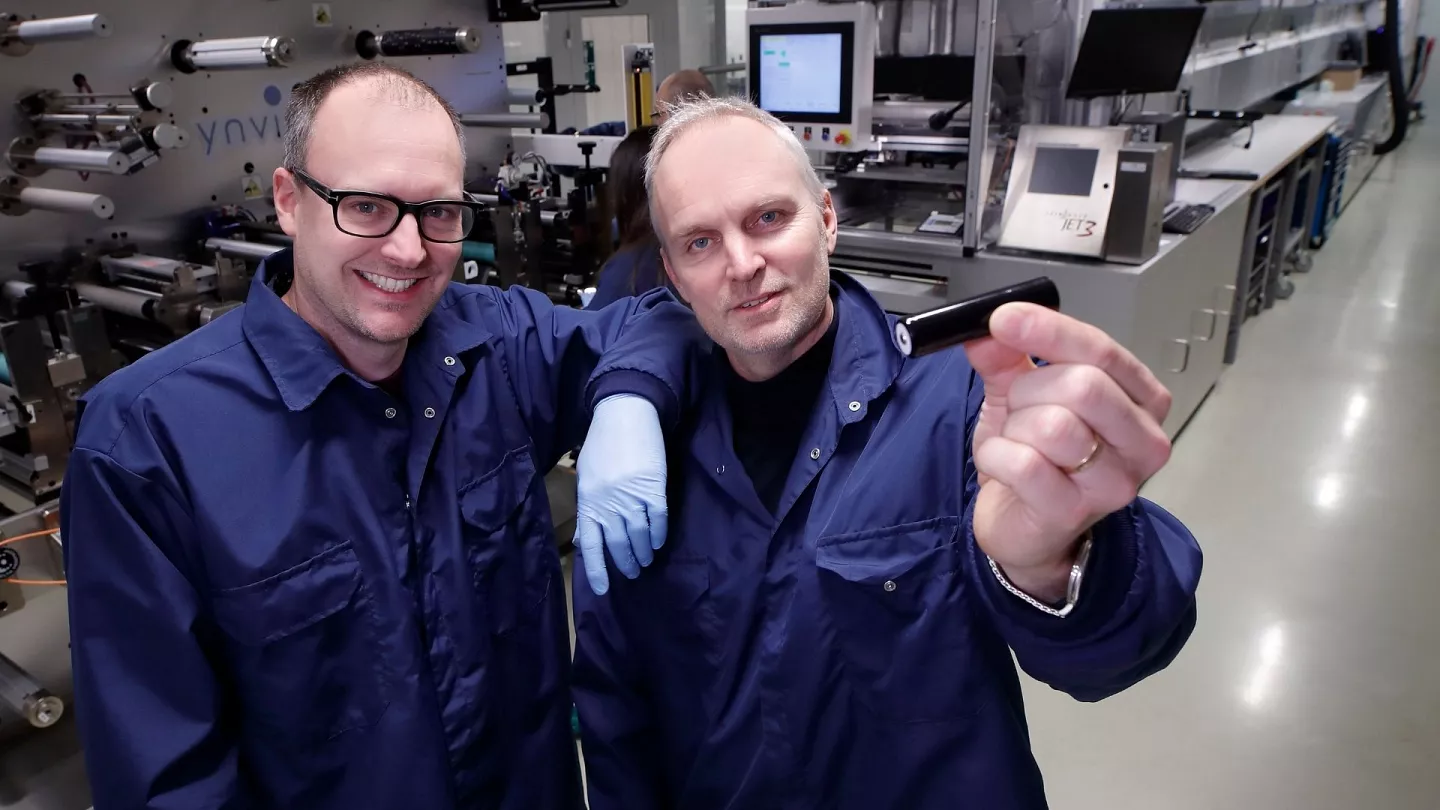Lithium-ion batteries have become popular for their cost-effectiveness and high efficiency, but they rely on finite resources such as lithium and graphite. That is why researchers are constantly seeking innovation in batteries.
Wood as a Sustainable Battery Solution
Wood provides an answer to this dilemma. Its properties make it an ideal material for battery production. It is lightweight, non-toxic, abundant, renewable, and biodegradable.
Additionally, wood has a much lower carbon footprint than traditional materials used in batteries since producing a wood battery generates up to 25 times fewer emissions than producing the same amount of electricity using lithium-ion technology.
Wood Nanocellulose
Wood batteries are an innovative alternative to traditional batteries that rely on non-renewable materials such as lithium and cobalt.
Developed using nanotechnology, these batteries use nanocellulose derived from wood as the main component, allowing for more efficient energy storage with less weight.

Storage Capacity
Recent advances in the sector have significantly increased the capacity of wood batteries, and many experts believe that their energy storage capacity could equal that of lithium-ion cells.
The abundance of cellulose in forests and the rapid progress in research and development of new technologies suggest that this sector could become a significant player in the energy market in a few years.
Benefits of Lignin
Lignin, which makes up 20 to 30 percent of a tree’s wood, is the second most common macromolecule in nature after cellulose. StoraEnso, a Finnish company, is leveraging lignin to produce more sustainable organic batteries. Lignin is pressed into strips to replace graphite, a non-renewable material, in the batteries’ anode.
The non-toxic material produced from lignin could serve as a substitute for fossil fuels. Many experts believe that energy storage capacity with lignin could equal that of lithium-ion cells. StoraEnso has been producing lignin since 2015, with an annual production capacity of 50,000 tons, making it the world’s largest producer.
Patented Technology: Lignode
StoraEnso has patented its technology as Lignode, facilitating the production of sustainable batteries. Scalability and sustainability are two of the five key benefits that StoraEnso has described for its renewable energy technology. In 2022, StoraEnso and Northvolt signed an agreement for the production of wood batteries, highlighting their potential in the market for sustainable batteries.
StoraEnso provides its anodic material based on lignin, sourced from sustainably managed forests, while Northvolt drives cell design, production process development, and technology scaling. This agreement marks a significant step towards a more sustainable energy future.
Have you visited our YouTube channel? Subscribe now!

